Books by New Scientist include
Does Anything Eat Wasps?
Why Dont Penguins Feet Freeze?
How to Fossilise Your Hamster
Do Polar Bears Get Lonely?
How to Make a Tornado
Why Cant Elephants Jump?
Farmer Buckleys Exploding Trousers
Why Are Orangutans Orange?
Nothing
Question Everything
Chance
How Long is Now?
NewScientist
Will We Ever Speak Dolphin?
and 130 more science questions answered
More questions and answers from the popular Last Word column
edited by Mick OHare

www.nbuspublishing.com
First published in Great Britain in 2012 by Profile Books Ltd.
This edition published in 2019 by Nicholas Brealey Publishing
Copyright New Scientist 2012
The moral right of the Authors of the Work has been asserted in accordance with the Copyright, Designs and Patents Act 1988.
All rights reserved.
No part of this publication may be reproduced, stored in a retrieval system, or transmitted, in any form or by any means without the prior written permission of the publisher, nor be otherwise circulated in any form of binding or cover other than that in which it is published and without a similar condition being imposed on the subsequent purchaser.
A CIP catalogue record for this title is available from the British Library and the Library of Congress
ISBN 978 1 529 33711 2
Nicholas Brealey Publishing
53 State Street
Boston, MA 02109, USA
Tel: 617-263-1834
www.nbuspublishing.com
Contents
Introduction
Ian Fleming, the author of the James Bond spy novels, really didnt know what he had started when he decided the fictional spy should order his vodka martinis shaken, not stirred. First it became one of the most famous catch-phrases in movie history. Now its become the subject of an entire chapter in this latest edition of science questions and answers from New Scientist. Just why did Bond want that martini stirred? The debates have raged long and hard down the years but now we think weve cracked it. Turn to page 88 for the full lowdown on the science of Bonds iconic tipple. We think theres very little more to learn now, but conceit is the downfall of any scientist, so if anybody out there knows better our contact details are below.
And not only did James Bond enjoy his martinis, he also had according to the screenplay of Thunderball a double first in Oriental Languages from Oxford University. So if he hadnt been a fictional character, hed have been just the person to answer the title question of this book (see p. 85). As an accomplished linguist, if Dolphin could be learned, hed have learned it not least because it would have come in handy in The Spy Who Loved Me. Its surely not improbable that undersea megalomaniac and archetypal Bond villain Karl Sigmund Stromberg had been learning Dolphin as part of his evil plan to relocate the human species underwater, so Bond too would surely have swotted up to ensure he could foil yet another madman. Unlikely, you say? Well, its perhaps not as improbable as the fact that in more than twenty movies Bond has been shot at more times than any other fictional hero, yet never taken that final, fatal bullet. Check out just how improbable on p. 102.
Of course, theres more to this book than a fictional spy and his foibles. Do you know why we become hoarse when we shout, whether its better for the planet if we all become vegetarians, or why we want to urinate more in cold weather? Well we didnt either until somebody bothered to get in touch and ask us and then somebody else gave us the answer. The Last Word column in New Scientist magazine which gave birth to this book and its bestselling predecessors including Does Anything Eat Wasps? and Why Dont Penguins Feet Freeze? has been answering everyday science questions from the general public since 1994. You can ask one yourself or, even better, answer one by buying the weekly magazine or visiting us online at www.newscientist.com/lastword .
This volume, of course, contains all new material save for a small number of the answers at the start of which provide background science to the vodka martini story. Now grab your vodka, your vermouth and your olive jar and read on. And after youve shaken or stirred do let us know if you disagree with our cocktail of conclusions. There may still be another chapter waiting to be written on Bonds favourite drink.
Mick OHare
Special thanks in no particular order to the following for their help in producing this book: Richard Fisher, Melanie Green, Eleanor Harris, Judith Hurrell, the New Scientist subs and art teams, Jeremy Webb, Beverley De Valmency, Paul Forty, Valentina Zanca, Andrew Franklin, Stephanie Pain, Ben Longstaff, Runyararo Chivaura, Dirk Kuyt, Nick Heidfeld, Sally and Thomas.
1 Food and drink

Squeaky cheese
Why does halloumi cheese squeak against your teeth as you eat it?
Nikos Skouris
Nicosia, Cyprus
This is an example of the stick-slip phenomenon. The cheese is rubbery and as your teeth begin to squeeze it, the halloumi deforms with increasing resistance until it loses its grip and snaps back to something like its original shape. At the point where the slipping stops it regains its grip and the process repeats, commonly at a frequency near 1000 hertz, give or take an octave or two. The vibration produces a squeal of corresponding frequencies that may vary with the circumstances, such as whether the cheese has oil on it.
Squeaky halloumi is enough to make some peoples toes curl, like fingernails dragged down a blackboard. This is because such sounds often warn of injury a broken bone grating or an unpleasant sensation, such as sand in your teeth, or stone abrading fingernails.
Probably long before our ancestors evolved into apes, they developed an inherited distaste for such noises and the associated sensations. It was likely an evolutionary adaptation to their way of life; those who did not respond to the signals tended to have shorter and less productive lifespans.
Jon Richfield
Somerset West, South Africa

Cereal cement
My two favourite breakfast cereals are Shreddies and Weetabix. When Ive finished, the remnants in the bowl look similar, but I can always tell which was which: a Shreddies bowl can be washed up quite easily, while Weetabix clings like cement. Why the difference?
Frank Johnson
Birmingham, UK
As a lifelong consumer of Weetabix, I feel qualified to answer this question. Both Shreddies and Weetabix contain a high proportion of starch, which can form an adhesive paste with water. This phenomenon is well known to bookbinders because it is used to make paper.
Starch consists of a mixture of amylose and amylopectin, polymers that can absorb water to form a gel. As the gel dries, the water is expelled and bonds between the molecular chains reform, creating a semi-crystalline cement which will adhere to any adjacent surface.
This effect is much more noticeable with Weetabix than Shreddies simply because Weetabix is made of fine flakes of cereal compressed together, while Shreddies are made from longer strands. That means Weetabix has a greater surface area of adhesive in contact with the bowl, making it more difficult to clean.

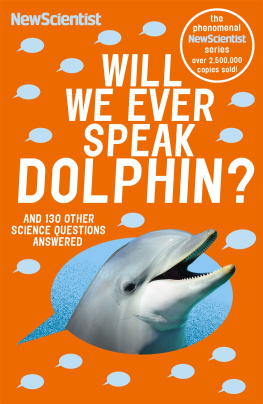
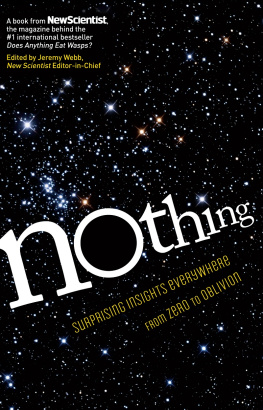
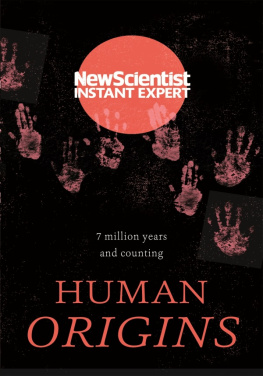
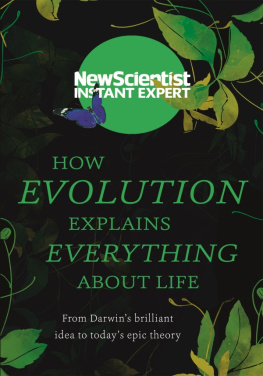
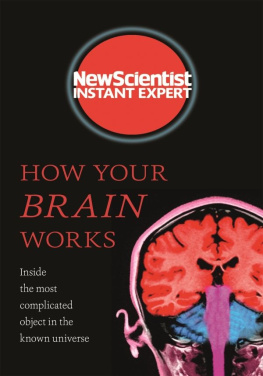
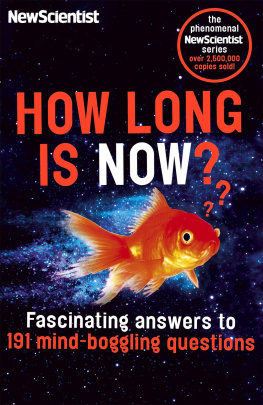
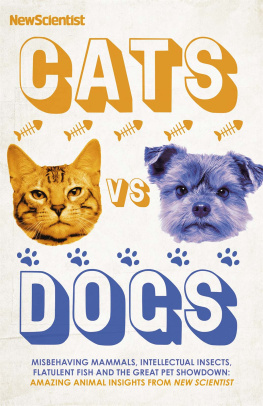

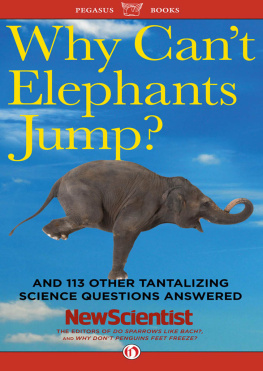
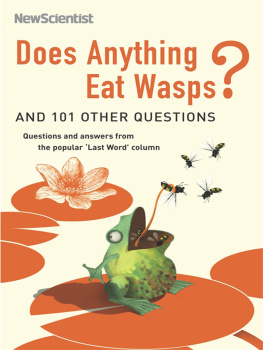
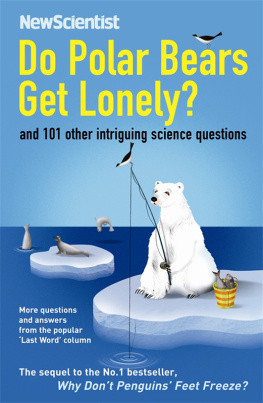

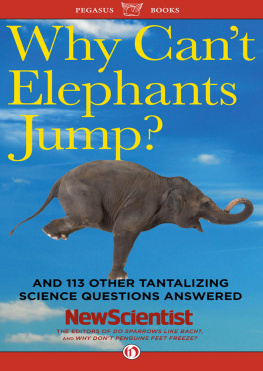

 Squeaky cheese
Squeaky cheese